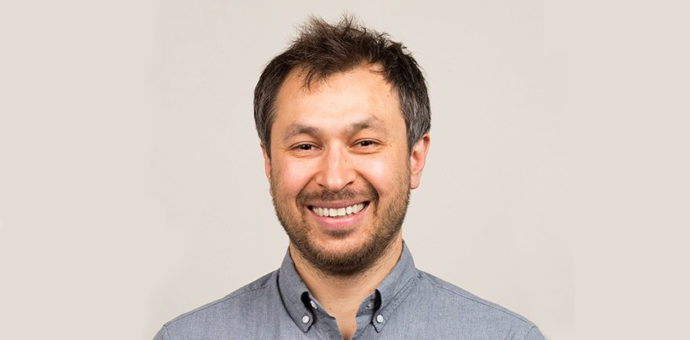Solana (SOL) CEO and founder Anatoly Yakovenko spent most of his career at Qualcomm. A computer science graduate from the University of Illinois, he worked in software development and had a personal project to create hardware focused on deep learning. To raise funds, he mined cryptocurrencies.
“I was interested in deep learning, not cryptoassets”, he said in an interview with FTX. “But I started thinking about proof of work, its slowness, and whether it was a necessary technology. From then on, I began to imagine solutions to these problems”, he said.
This was, according to Yakovenko, the initial impetus for creating the Solana protocol. The cryptoasset network that has appreciated by more than 7,700% in 2021 and reached the seventh position in the ranking of the top cryptoasset tokens, according to CoinMarketCap. On January 1 of this year, the token was worth US$ 1.60 and on September 9, it surpassed US$ 212. At the time of this writing (September 29), each SOL was worth US$ 137, after suffering a fall due to an overload on the network, although it was already resuming its upward movement.
Yakovenko designed Solana to be faster
After running into the slowness of Proof of Work (PoW), Yakovenko designed a scalability solution with the innovation of Proof of History (PoH) consensus combined with Proof of Stake (PoS).
This was in 2017 when the developer started working on a project that later materialized into the Solana protocol. He teamed up with a colleague from Qualcomm, Greg Fitzgerald, founding Solana Labs.
The Solana protocol and SOL token were released to the public in 2020. The hybrid consensus model and open-source make Solana an attractive blockchain for DeFi solutions, and the hype has fueled its great growth.
Good projects should remain in the market
Despite Solana’s tremendous growth, Yakovenko is skeptical about cryptoassets. In an interview with Blockworks, he compares the industry to the Internet bubble of the early 1990s, when many companies could not sustain themselves.
However, he points out that good projects should consolidate, bringing solutions to change people’s lives. “The idea of changing the world by writing code is something I believe in”, he said in the FTX interview.







